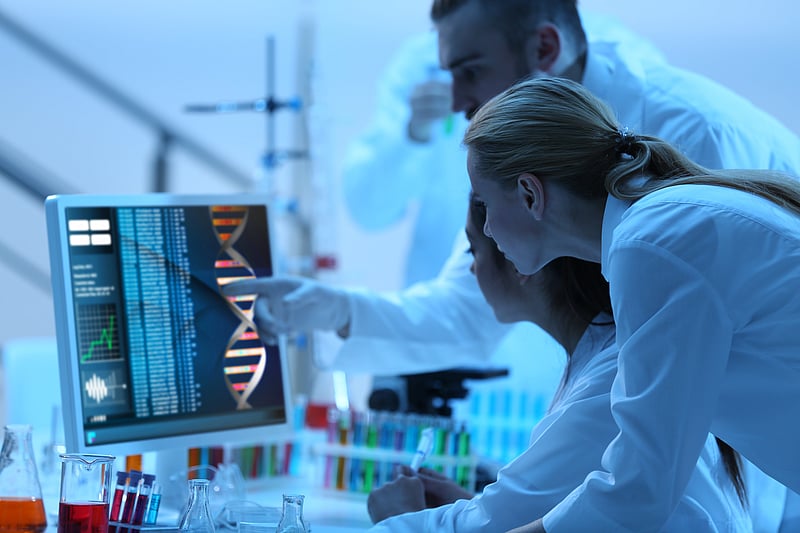Get Healthy!

- Cara Murez
- Posted June 15, 2023
First Synthetic Human Embryo Models Created in Lab
Scientists say they have created the first synthetic human embryo models, not actual human embryos but models meant to simulate and better understand early human development.
These embryo-like structures were created from single human embryonic stem cells, without eggs and sperm, by scientists in the United States and United Kingdom, CNN reported.
Magdalena Zernicka-Goetz, a professor of biology and biological engineering at California Institute of Technology and the University of Cambridge in England, told CNN that the cells were coaxed to develop into three distinct tissue layers.
They are the first to have germ cells that would go on to develop into egg and sperm, but they do not have all the features of a human embryo, Zernicka-Goetz noted.
The structures also are at the earliest stages of development, without a beating heart or brain.
"I just wish to stress that they are not human embryos,"Zernicka-Goetz said. "They are embryo models, but they are very exciting because they are looking very similar to human embryos and [are a] very important path towards discovery of why so many pregnancies fail, as the majority of the pregnancies fail around the time of the development at which we build these embryo-like structures."
The discovery is not without controversy: The United States, along with many countries, does not have laws that govern creation or treatment of synthetic embryos, despite the pace of discoveries expanding rapidly, CNN reported.
"Unlike human embryos arising from in vitro fertilization [IVF], where there is an established legal framework, there are currently no clear regulations governing stem cell derived models of human embryos. There is an urgent need for regulations to provide a framework for the creation and use of stem cell derived models of human embryos,"James Briscoe, associate research director at the Francis Crick Institute in London, said in a statement.
Zernicka-Goetz presented the research Wednesday to the International Society for Stem Cell Research's annual meeting, in Boston. It has not been published in a scientific journal, so the findings are still preliminary. But Zernicka-Goetz said the research has been accepted at a well-regarded scientific journal.
The hope is that the model embryos will help researchers understand what happens between fertilization and the first 14 days. This is the agreed limit for growing and studying embryos in a lab, CNN reported.
The model embryos are in test tubes -- it is illegal to implant them into a womb.
Past research in mice and monkeys has shown that synthetic embryos don't survive after being moved. In research on embryo-like structures from mouse cells, about eight days after creation the structures showed the beginning of brain, heart and intestinal development, CNN reported.
The goal of the research is to understand why embryos sometimes don't develop even after implantation.
"We know remarkably little about this step in human development, but it is a time where many pregnancies are lost, especially in an IVF setting,"Roger Sturmey, senior research fellow in maternal and fetal health at the University of Manchester in the U.K., told CNN.
"Currently, we can say that these 'synthetic embryos' share a number of features with blastocysts, but it is important to recognize that the way that synthetic embryos are formed is different to what happens when a normal embryo forms a blastocyst,"he said. "There is much work to be done to determine the similarities and differences between synthetic embryos and embryos that form from the union of an egg and a sperm."
More information
The U.S. National Institutes of Health has more on stem cell research.
SOURCE: CNN

